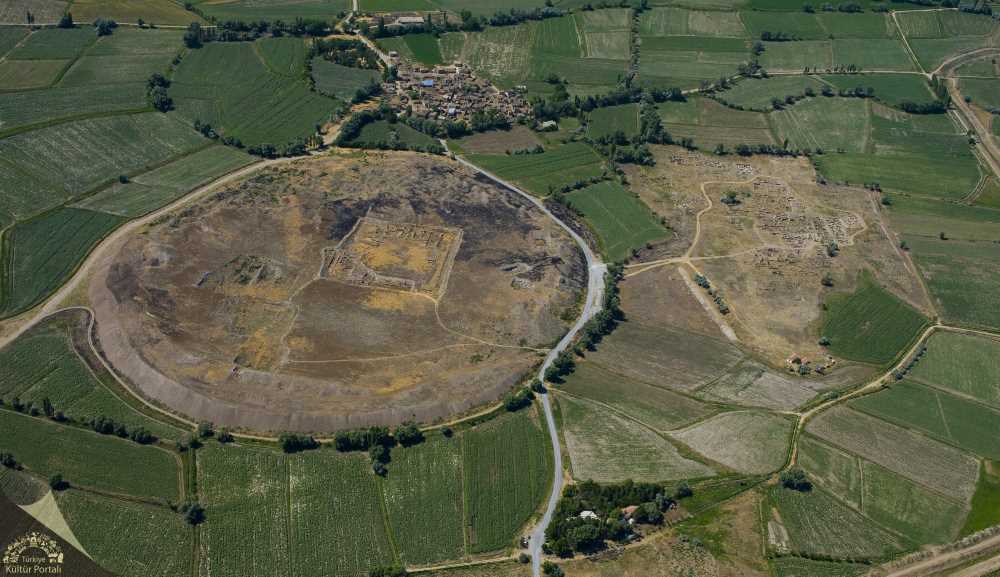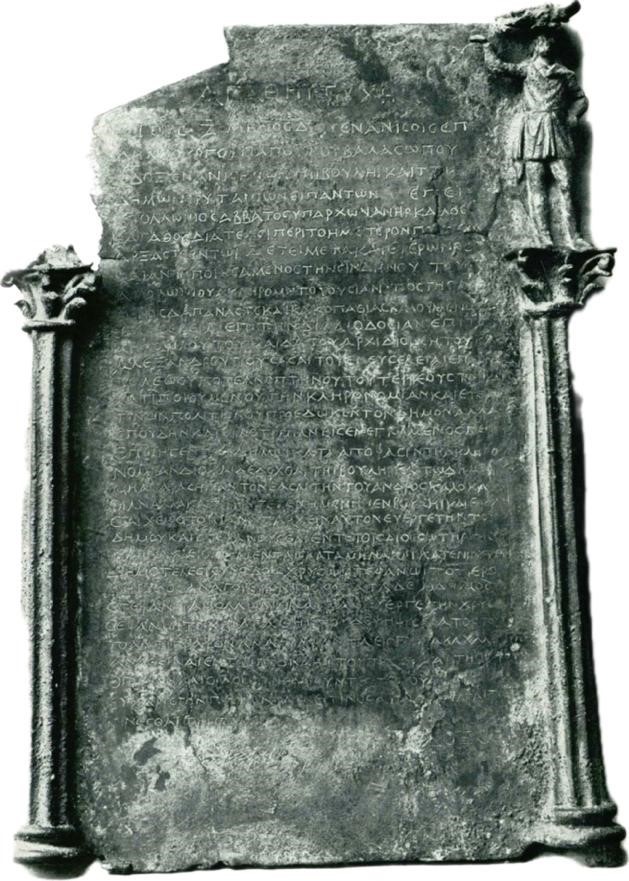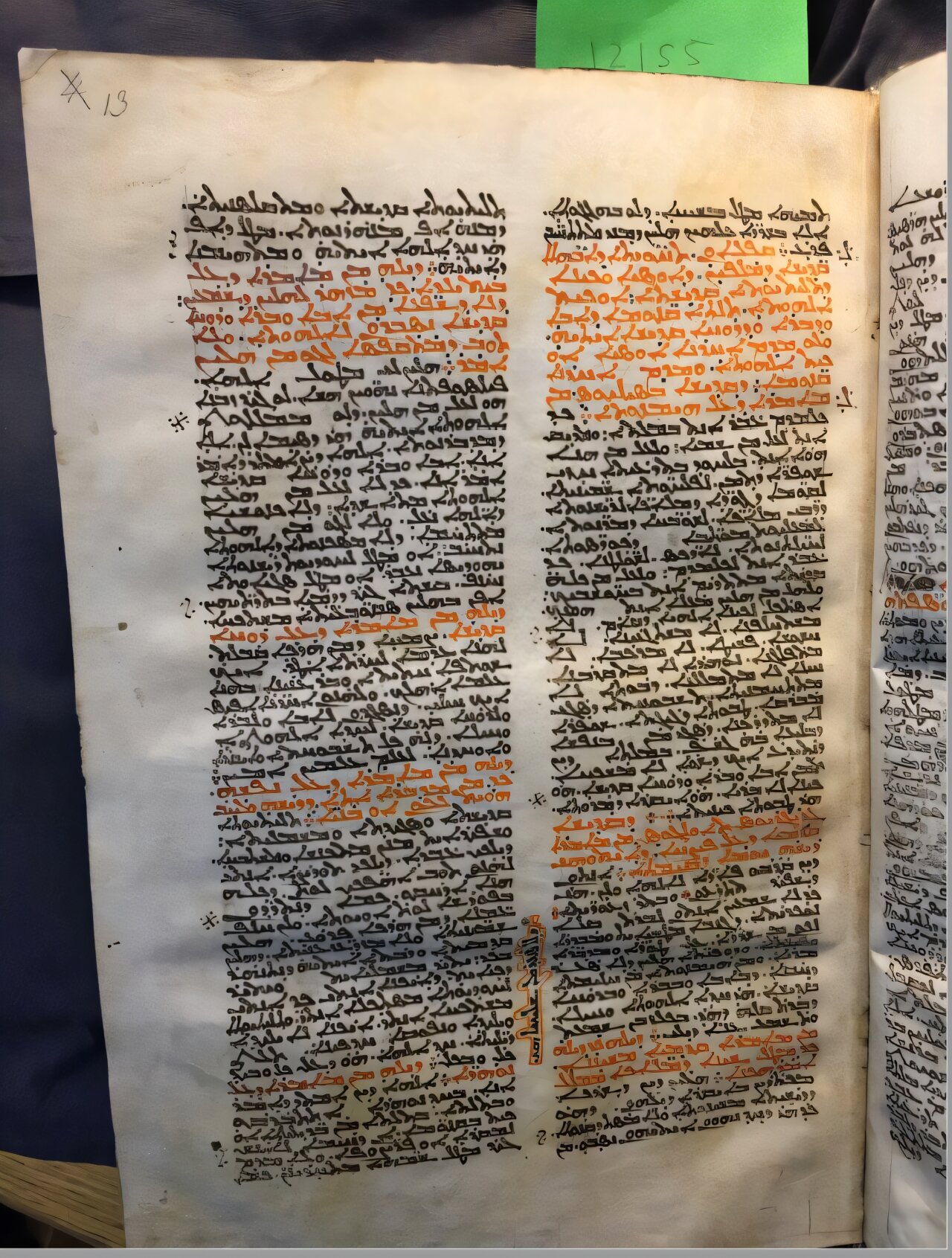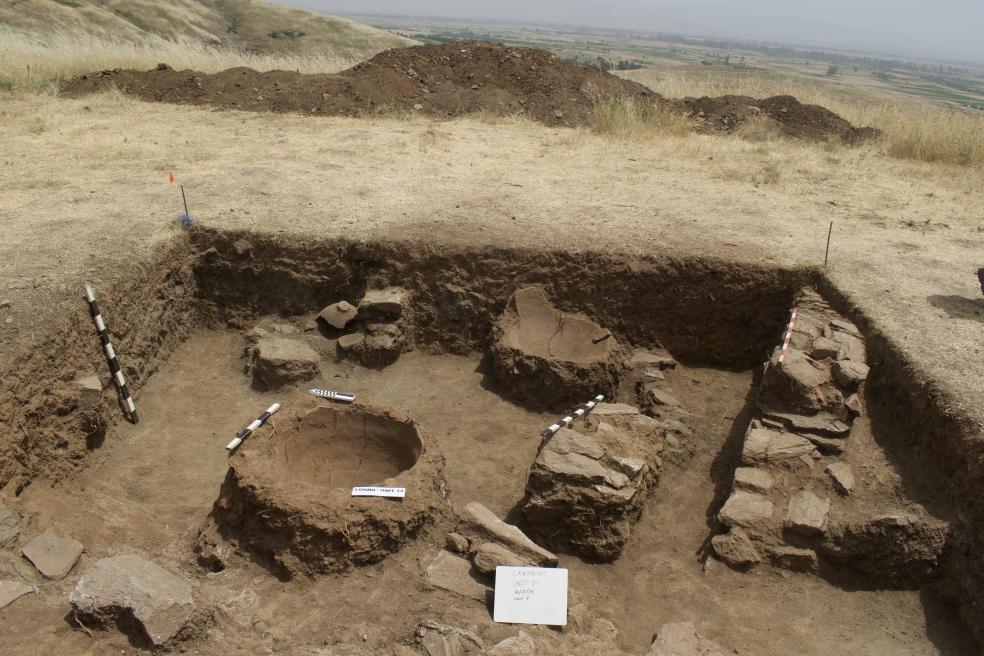Kültepe/Kaneš, illuminating the depths of history 20 kilometers northeast of Kayseri, hosts the oldest written documents in Anatolia. This ancient city, a lively trade center of Assyrian merchants between 2000-1750 BC, attracts attention not only with its commercial activities but also with its political and cultural structure.
One of the most striking finds unearthed in the Kültepe excavations is a bronze tablet known as the “Anisa Tablet.” Discovered by chance in 1880, this tablet contains a council decision from approximately 2000 years ago. This unique artifact, exhibited in the Berlin Museum, reveals that Greek was used in Anatolia at that time and that the region’s name was “Anisa.”

As Kültepe Excavations Head Prof. Dr. Fikri Kulakoğlu stated, this tablet is not just a council decision but also provides important information about the functioning of the city council and the social structure of that period. The tablet includes the decision to honor Apollonios, the son of Anisa’s ruler Abbas, with the title “philanthropist” for bringing the inheritance of a citizen who died without leaving an heir to the city.
This decision shows that Kültepe was not just a trade center but also a developed city. The names mentioned on the tablet reveal that Persian culture was also influential in the region and that a multicultural society lived there.
Kültepe not only bears the traces of Assyrian merchants but also has a settlement history dating back 6000 years. The discovery of Hellenistic Period structures in the excavations shows that the region has been home to different civilizations throughout history.
The Anisa Tablet continues to shed light on history as a document that provides important information about the legal practices and social life of Kültepe and the Cappadocia Region.





